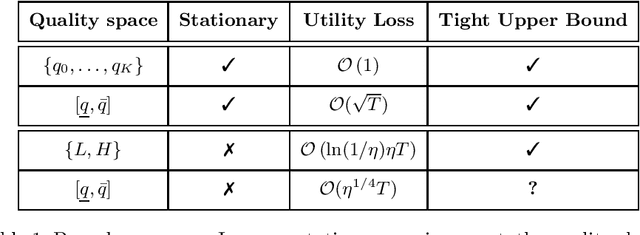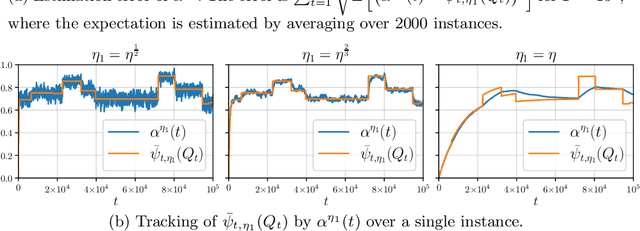Speed of Social Learning from Reviews in Non-Stationary Environments
Paper and Code
Jul 20, 2020

Potential buyers of a product or service tend to first browse feedback from previous consumers through review platforms. This behavior is modeled by a market of Bayesian consumers with heterogeneous preferences, who sequentially decide whether to buy an item based on reviews of previous buyers. While the belief of the item quality in simple settings is known to converge to its true value, this paper extends this result to more general cases, besides providing convergence rates. In practice, the quality of an item may change over time as new competitors can appear in the market or the product/service can undergo modifications. This paper studies such dynamics with changing points model and shows that the cost of learning remains low, when expressed in total utility earned by consumers.
 Add to Chrome
Add to Chrome Add to Firefox
Add to Firefox Add to Edge
Add to Edge